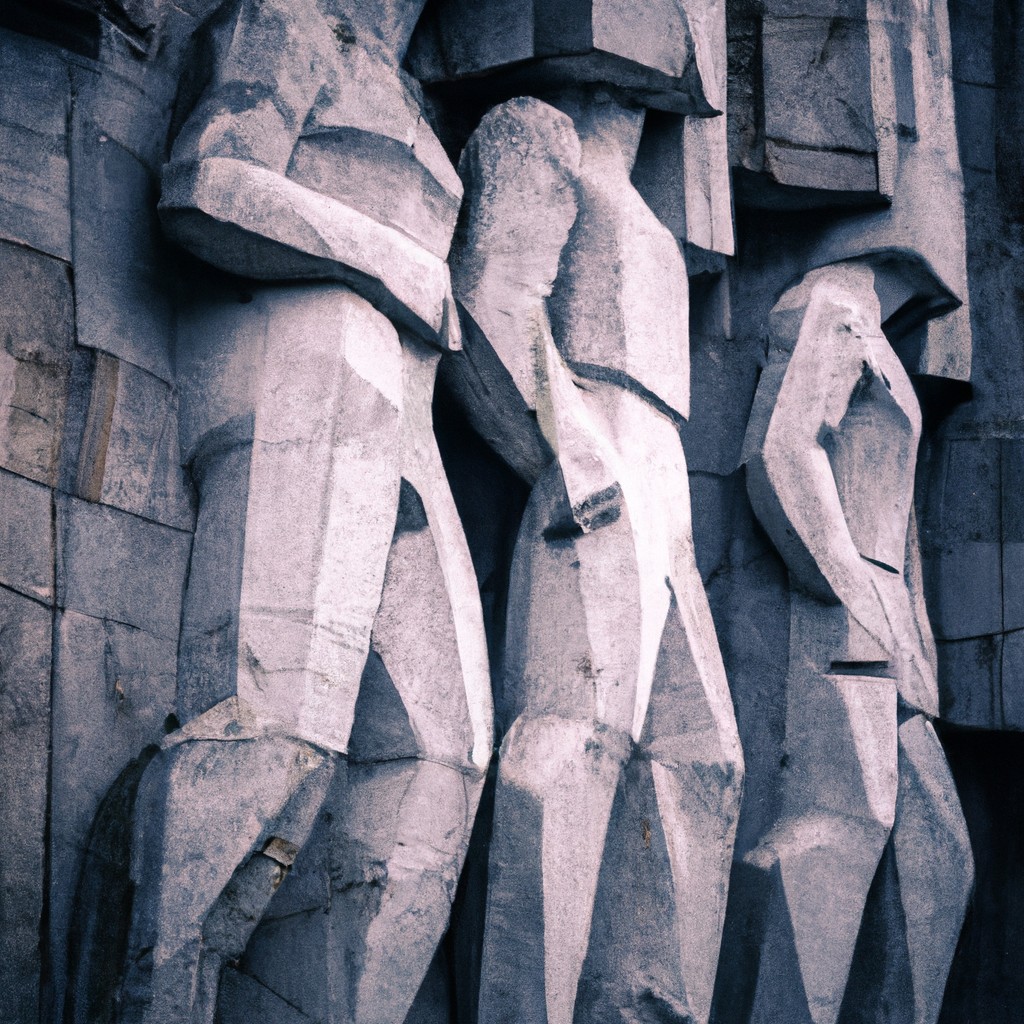Pros and cons of communism

Communism aims to create a classless society based on common ownership of resources. This system theoretically seeks to achieve equality by distributing wealth equally among all individuals. However, in reality, communism often leads to authoritarian rule, limiting individual freedoms and stifling creativity. The centralized control can result in economic inefficiencies and lack of incentives for innovation. On the positive side, communism provides social welfare benefits and a sense of community solidarity. Overall, the pros and cons of communism are a complex interplay of ideology, socio-economic factors, and governance structures, each with its own implications for society and individuals.
Read more
Origin and ideologies of communism

Communism evolved in response to social inequalities during the Industrial Revolution. Karl Marx laid its foundation. He stressed overcoming capitalistic exploitation through a classless society. Key principles include common ownership, no private property, and equality. Communism believes in a stateless, moneyless society based on cooperation and mutual aid. It promotes the welfare of all people, aiming to eliminate poverty and oppression. Proponents argue that communism can bring about a fairer and more just society. However, critics highlight historical examples of authoritarian rule and lack of individual freedoms in communist regimes. Despite differing opinions, communism remains a prominent ideology influencing global socio-political discourse.
Read more
Key figures in the history of communism

Every movement has their key figures, and in the history of communism, names like Karl Marx, Vladimir Lenin, and Mao Zedong standout. Marx, a German philosopher, laid the foundations for communist ideology. Lenin, the leader of the Bolshevik Party, shaped the Soviet Union. Mao, the founding father of the People's Republic of China, led a successful communist revolution. These iconic figures championed working-class rights and fought against exploitation. Through their writings and actions, they inspired millions worldwide to strive for a classless society based on equality and justice. Their legacies, though debated, continue to influence political landscapes today.
Read more
Impact of communism on societies

Communism, while promising equality and unity, often led to repression and hardship in societies. Citizens faced restrictions on freedom and individuality due to government control. Economically, resources were distributed unevenly, harming innovation and growth. The sense of community was strong, but dissent was not tolerated, creating a culture of fear. Propaganda shaped beliefs and limited critical thinking, hindering progress. Generations bore scars of trauma and lost opportunities. Despite some advancements in education and healthcare, the true cost of communism on societies remains a heavy burden to carry. The lingering impact serves as a cautionary tale for future generations.
Read more
Contemporary interpretations of communism

Contemporary interpretations of communism vary widely across different contexts and perspectives. While some view communism as a progressive ideology promoting equality and social justice, others criticize it for its historical failures and oppressive regimes. The debate surrounding communism continues to evolve, with scholars and activists exploring its potential impact on modern society. Cultural expressions of communism through art, literature, and media also play a significant role in shaping public perceptions. Despite its complex history, communism remains a powerful and divisive force that sparks passionate discussions and reflections on the future of politics and society.
Read more
Communism

Communism is an ideology that seeks to establish a classless society, where all property is publicly owned. It advocates for the means of production, distribution, and exchange to be controlled by the community as a whole. Communist societies aim to eliminate social inequalities, exploitation, and remove the need for a state apparatus. However, achieving true communism has proven to be challenging, with many attempts resulting in authoritarian regimes. Critics argue that communism stifles individual freedoms and economic innovation. Despite its flaws, communism continues to inspire movements around the world, with advocates believing in its potential for social justice and equality.
Read more












